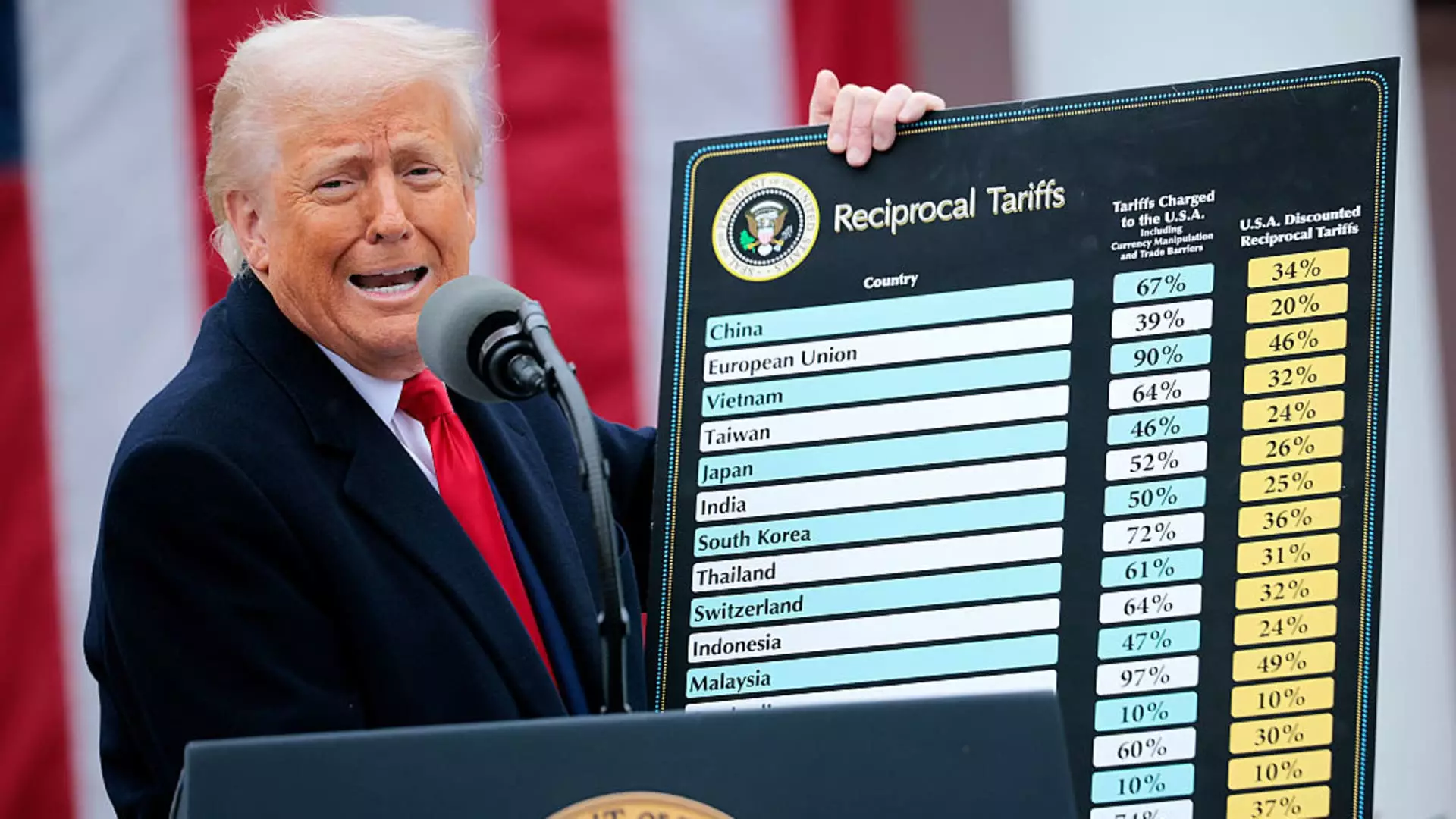In a pivotal ruling that shakes the very foundation of President Donald Trump’s economic agenda, a federal court determined that the tariffs he implemented were unlawful. This decision is more than just a legal technicality; it challenges the notion of executive power and emphasizes the importance of checks and balances within our democracy. The judges scrutinized the legitimacy of Trump’s use of the International Emergency Economic Powers Act (IEEPA), a 1977 law designed for national security emergencies rather than the sweeping economic maneuvers the President attempted to enforce. This ruling serves as a stark reminder that the so-called “trade war” cannot be waged unilaterally and without proper authority.
Economic Damage Versus Political Strategy
The backdrop of this ruling is filled with complexities far beyond the judicial realm; it touches the lives of countless American businesses that rely on imports for their survival. By making these tariffs a reality, Trump not only ignored legal limitations but also recklessly endangered the economic stability of businesses across the country. The lawsuit, brought forth by five companies reliant on international trade, illustrates the direct consequences felt by the private sector due to the administration’s erratic approach to foreign policy. This decision sheds light on an uncomfortable truth: when political strategies are prioritized over economic rationality, the potential for damage is immense.
Justice as a Counterbalance to Populism
The ruling offers a glimmer of hope for those who believe in the preservation of the rule of law against tides of populism that often seek to erode institutional protections. The judges’ assertion that Trump’s tariff orders exceeded the powers granted under IEEPA sends a resonant message: arbitrary presidential power cannot supersede established legal frameworks. This resistance also highlights an intrinsic value of our judicial system—the ability to serve as a counterbalance to the whims of those in power. The implications are vast; while the tariffs may have been intended as measures to bolster American manufacturing and protect jobs, they have backfired, creating uncertainty instead of stability.
Future Implications and the Path Forward
Critically, the ruling does not merely vacate the specific tariffs in question; it instills a sense of judicial restraint that could influence future actions by the executive branch. The potential for an appeal hangs in the balance, but the judicial rebuke may encourage a more restrained approach from the White House going forward. Those who prioritize economic stability must question whether the retaliatory tariffs were truly beneficial or simply a political showpiece serving to rally a base rather than a coherent strategy for growth and resilience.
The fallout from this ruling reverberates beyond mere economic arguments; it challenges the very fabric of governance in the United States. Misguided policies should not be allowed to masquerade as strategic necessities. In our pursuit of progress, we must advocate for policies that are both legally justified and economically sound, ensuring that the political theatrics do not overshadow the genuine needs of American citizens and the broader economy.


Leave a Reply